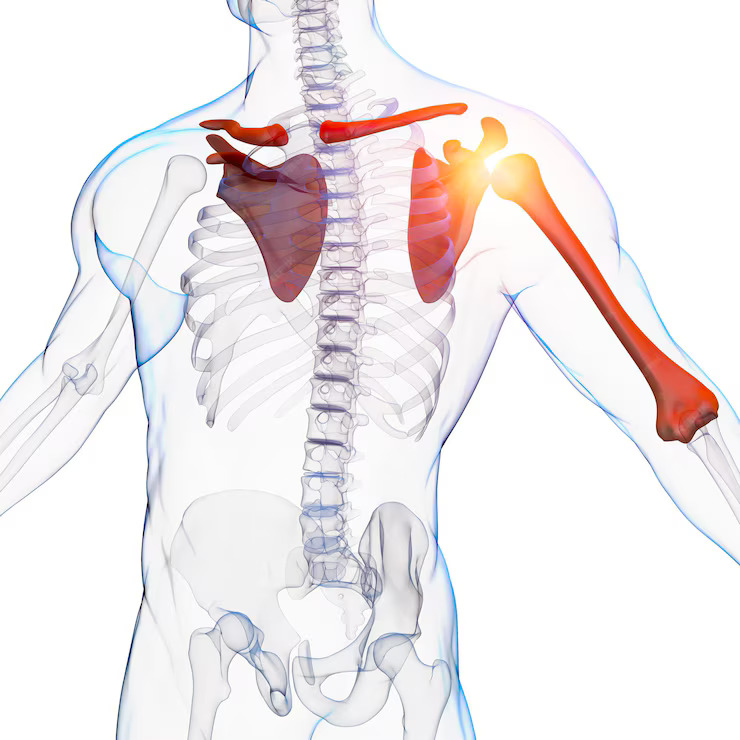Understanding Nerve Pain: Causes, Symptoms, and Treatment Options.
Nerve pain, also known as neuropathic pain, is a complex and often debilitating condition that arises from damage or dysfunction of the nervous system. Unlike other types of pain, nerve pain can be chronic and challenging to manage. This article aims to shed light on the causes, symptoms, and various treatment options available for individuals grappling with nerve pain.
To Know More About It Please Click Here
Causes of Nerve Pain
- Peripheral Neuropathy: Peripheral neuropathy is one of the most common causes of nerve pain. It occurs when the peripheral nerves – those outside the brain and spinal cord – become damaged. Conditions such as diabetes, infections, traumatic injuries, and certain medications can contribute to peripheral neuropathy.
- Sciatica: Sciatica is a specific type of nerve pain caused by compression or irritation of the sciatic nerve, which runs from the lower back down the back of each leg. Herniated discs, spinal stenosis, or injuries to the spine can lead to sciatic nerve pain.
- Shingles (Herpes Zoster): The varicella-zoster virus, responsible for chickenpox, can remain dormant in the body and later re-emerge as shingles. This viral infection can cause severe nerve pain, often accompanied by a rash.
- Trigeminal Neuralgia: Trigeminal neuralgia is characterized by intense, stabbing pain along the trigeminal nerve, which controls facial sensation. It is often triggered by simple stimuli such as touch or even a breeze.
Symptoms of Nerve Pain
- Burning or Tingling Sensations: Nerve pain is often described as a burning or tingling sensation, which can range from mild to excruciating.
- Sharp, Shooting Pain: Individuals with nerve pain may experience sudden, sharp, shooting pains that can be triggered by various stimuli or occur spontaneously.
- Numbness and Weakness: Nerve damage may result in numbness or weakness in the affected area, impacting mobility and functionality.
- Increased Sensitivity: Hypersensitivity to touch or temperature changes are common in nerve pain conditions, making everyday activities challenging.
Treatment Options
- Medications: Various medications, including anticonvulsants, antidepressants, and pain relievers, may be prescribed to manage nerve pain. These drugs work to modulate pain signals and provide relief.
- Physical Therapy: Physical therapy can help improve muscle strength, flexibility, and overall function. Specific exercises may be designed to alleviate nerve compression or tension.
- Nerve Blocks: Nerve blocks involve injecting anesthetic or anti-inflammatory medications around affected nerves to provide temporary relief from pain.
- Alternative Therapies: Techniques such as acupuncture, massage therapy, and biofeedback may offer relief for some individuals by promoting relaxation and improving overall well-being.
- Surgical Interventions: In severe cases where conservative measures fail, surgical options like decompression surgery or nerve repair may be considered to alleviate pressure on affected nerves.
To Know More About It Please Click Here
Conclusion
Nerve pain is a challenging condition that requires a comprehensive approach to management. Understanding the underlying causes and exploring a combination of medical, physical, and alternative therapies can help individuals regain control over their lives. If you or someone you know is experiencing persistent nerve pain, it is crucial to consult with a healthcare professional for a thorough evaluation and personalized treatment plan.







